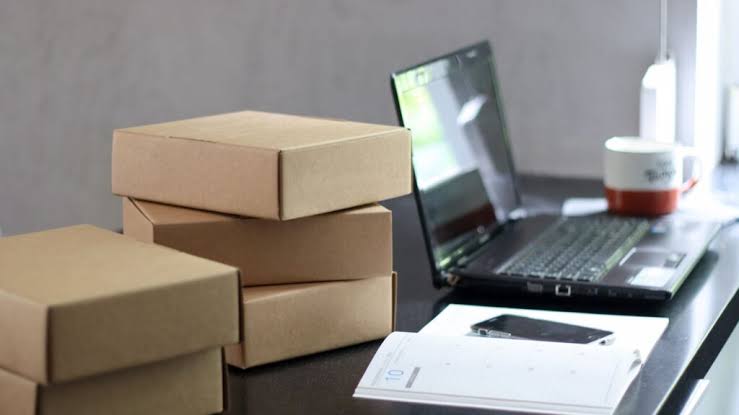
In today’s launching your own branded product on Amazon marketplace is extremely profitable, making the private label business model crowed favorite among Amazon sellers.
Sellers on Amazon now, building their own brands rather than selling other brands items. With the right guideline Amazon Privat label can be a treasure trove in 2025 and ahead. Here’s a guide will give you actionable steps to search growth and success.
In this article, check the following guide:
What is Amazon FBA Private Label?
A business model where an individual or company creates their own branded products and sells them on Amazon called Amazon FBA private label. In this model, FBA stands for Fulfillment by Amazon meaning you send your products to Amazon warehouse, and Amazon handles the storage, packing, shipping, customer service, and returns on your behalf.
Privat Label refers to taking an existing generic product, customizing it with your own branding, packing, and something slight modification, and then marketing it as your unique brand. The major advantage of Amazon FBA private label is that it allow you to build your own brand identity, earn higher profit margins, and establish a loyal customer base over time.
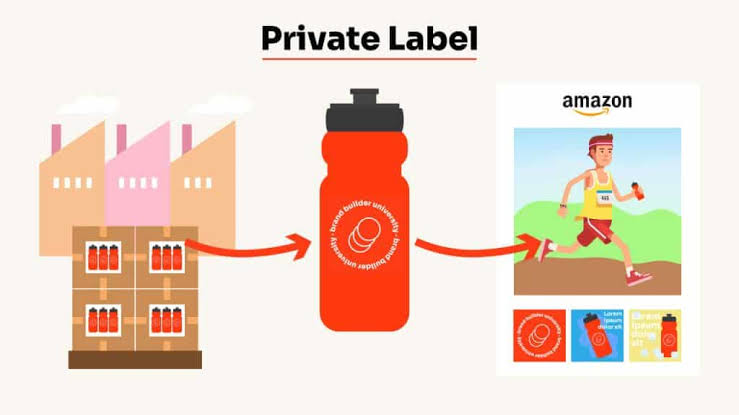
Why you should sell Private Label Products on Amazon?
Selling private label products on Amazon provide several strong advantages that make it an attractive business opportunity.
1. Own the Brand and Control
2. Higher Profit Margins
3. Customer Loyalty
Building a recognizable brand helps create customer loyalty. When customers trust and like your brand, they are more likely to make repeat purchases. A strong private label brand turns one-time buyers into long-term customers, leading to consistent revenue without spending extra on acquiring new customers each time.
4. Massive Market Reach by Amazon
5. Logistics with FBA (Fulfillment by Amazon)
6. Business Scalability
7.Competitive Advantage
8. Wining Buy Box
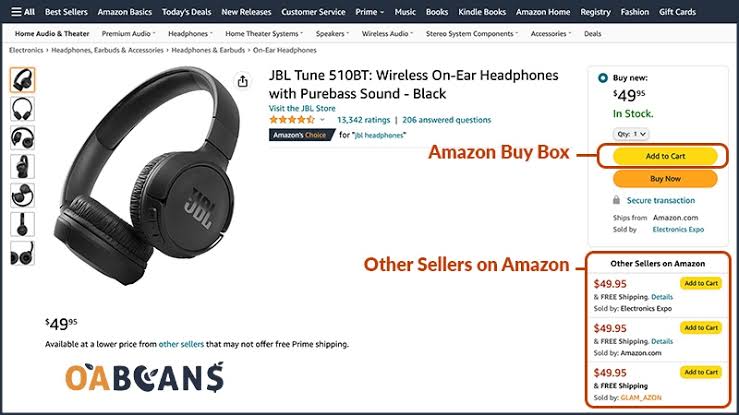
How to Start Amazon FBA Private Label?
1. Product Research
The first step is to search a profitable product with strong demand but low to moderate competition. Selecting a profitable product is important for launch your own brand on Amazon. Use Amazon research tools like Helium 10, Jungle Scout, or AMZScout to analyze market trends, product review, sales volume, and competition levels.
Look for lightweight, durable, and everyday-use products that can be easily branded.

Most important thing is that your product selection should be on data base not on your personal choice also research on market trends. Following is what to see for:
Sales: Minimum 300 units sales per month
Price: $15-$65
Reviews: Average 500 reviews
Rating: Minimum 4 stars
2. Find a Reliable Supplier

3. Create Your Brand and Packaging
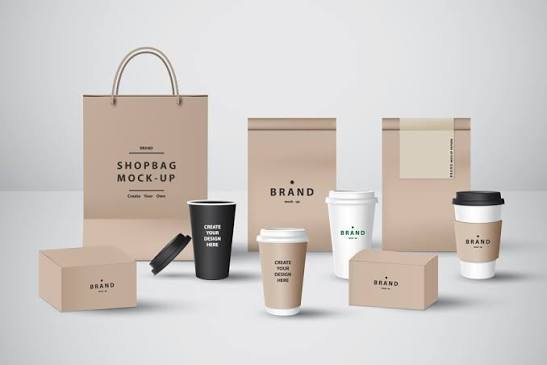
4. Set Up Your Amazon Seller Account
5. Create a High-Quality Product Listing
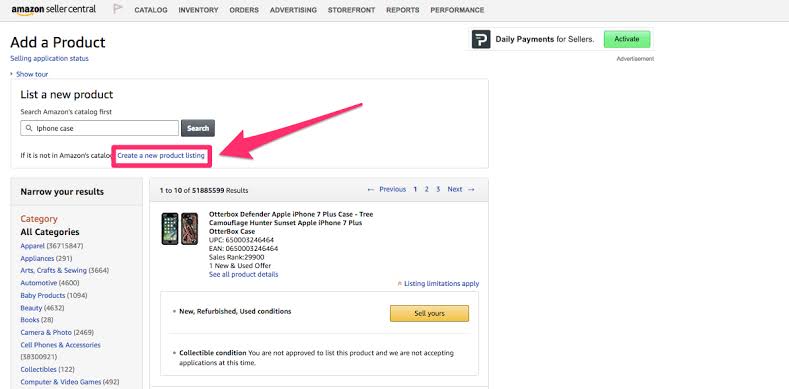
6. Launch Your Product
To get initial sales and reviews, plan a strong product launch strategy. Use Amazon PPC ads, offer limited-time discounts, or run promotional campaigns to drive traffic to your product listing. Gathering early positive reviews is important for building trust and increasing your conversion rates.
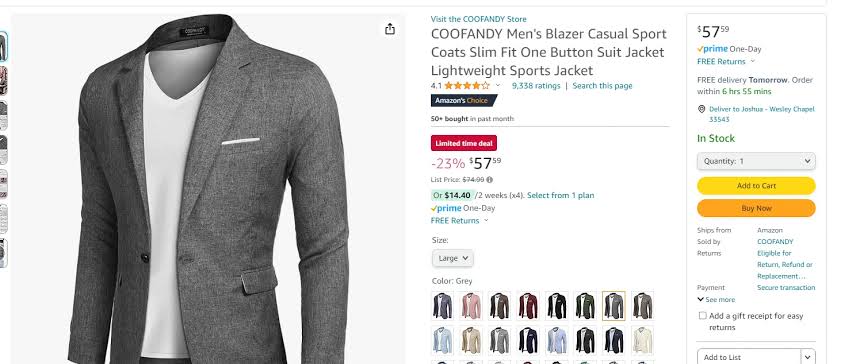
Tip: Amazon provides different ad types, like Sponsored Products, Display ads, Sponsored Brands ads, that can be beneficial and powerful tool for it for launching new product on Amazon.
How Amazon Private Label differ from Wholesale Business?
Amazon Private Label
- In Amazon private label, you create and sell your own branded products.
- You find a generic product from a manufacturer, customize it by adding your brand name, logo, packaging, and sometimes even design improvements.
- You then list and sell it as a unique product under your own brand on Amazon.
- You have full control over the product’s pricing, marketing, and listing content.
- There is little to no competition on your product listing because no one else is allowed to sell your private label item.
- Private label focuses on building brand loyalty, long-term customer relationships, and creating a valuable business asset that can grow over time.
Amazon Wholesale
- In Amazon Wholesale, you purchase branded products in bulk directly from authorized distributors or manufacturers and resell them on Amazon.
- You do not own the brand; you are simply an authorized reseller.
- Many other sellers may offer the exact same product, so competition for the Buy Box becomes a major factor.
- Pricing wars are common, and profit margins can be thinner.
- However, wholesale usually requires less effort in brand building and product development, allowing for quicker setup and entry into selling on Amazon by using the reputation of already established brands.
Now Launch Your Amazon FBA Private Label!
Now that you have a clear understanding of Amazon FBA Private Label, the differences from wholesale, and the step-by-step process to start, it’s time to take action and launch your private label business. Begin by choosing a carefully researched product that fits your budget and market demand. Work closely with a reliable supplier to create a quality product that proudly represents your brand.
Focus on building a strong, optimized Amazon listing with attractive images, powerful keywords, and compelling description.
Remember, success in Private Label requires patience, consistency, and a willingness to keep learning and improving. With dedication and smart planning,
you can build a strong brand, achieve financial independence, and create a lasting business asset on Amazon. Now is the perfect time to launch and grow your
private label journey with confidence!
Don’t forget to follow our articles & blog, which are interesting & informative related to your field.





